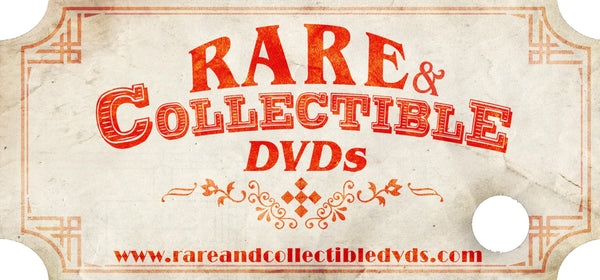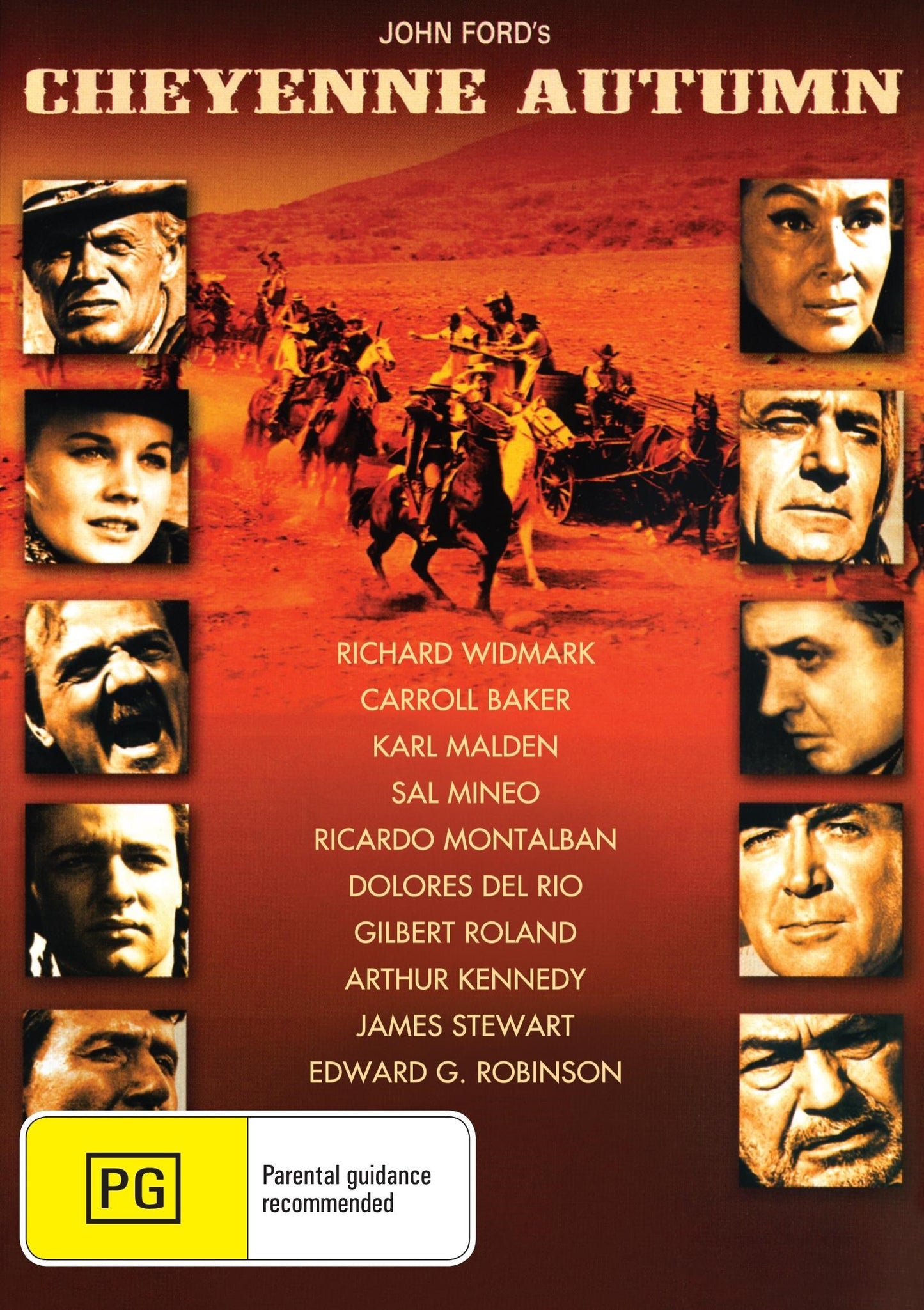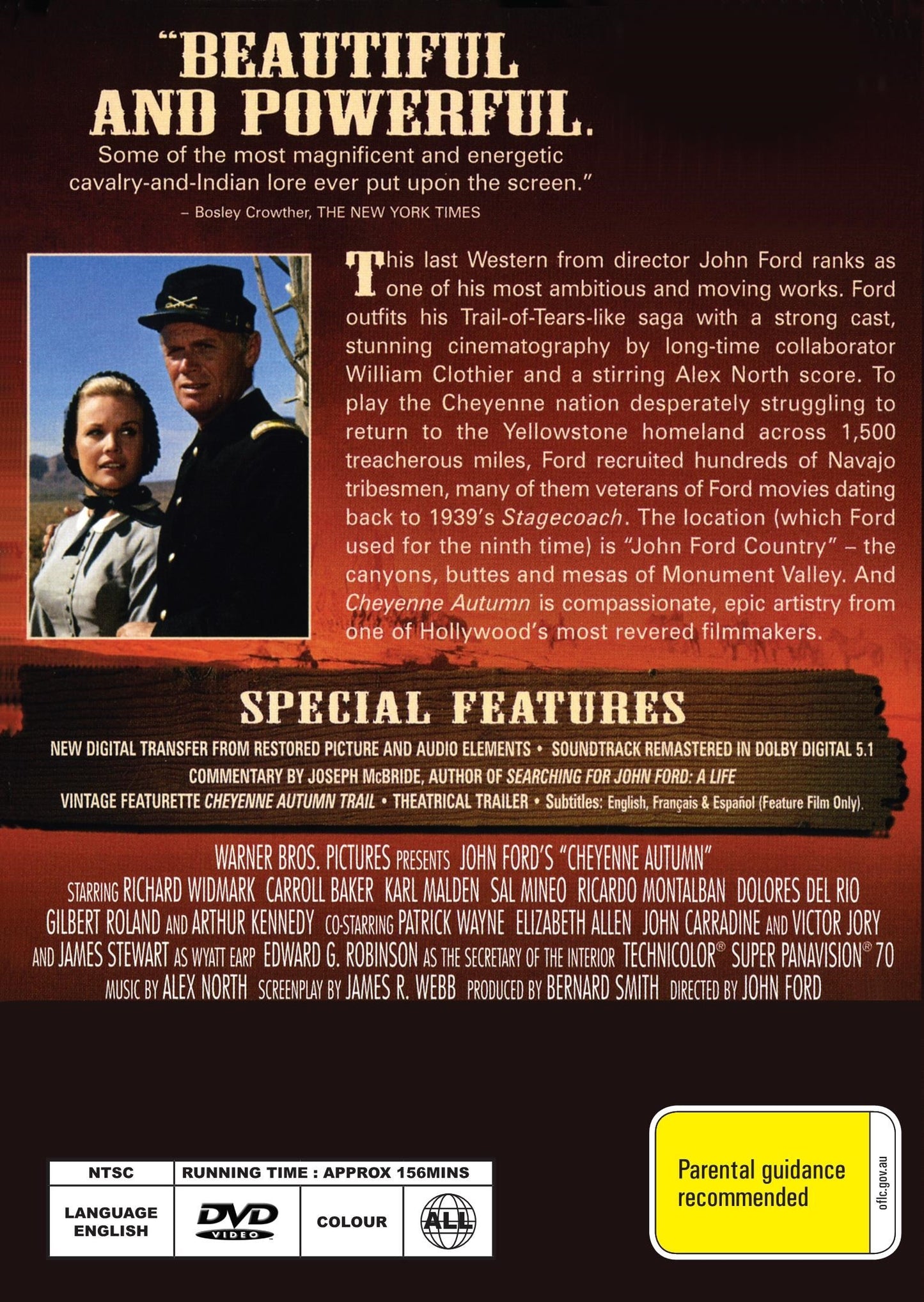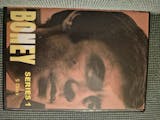Back in the late 60' I read a book called open season, which was a great revenge read, following the release of the movie, which I viewed in the 80's, although not as good as the book it still portrayed an entertaining view. I had later tried to obtain a copy of the movie but to no avail. I recently was able to obtain a copy of this movie through your Rare and Collectable DVD's which amazed me, obviously you have many of these rare and hard to find DVD's in your inventory, well done, as now I know where to find such gems,
I had seen this wonderful if challenging film years ago and was very disappointed I couldn’t get a version to play in the uk but then your firm changed all that. I have been able to watch it now in the uk on your dvd and am really delighted. Thank you! . It came a long way safely, and was in new mint condition…excellent all round.
Excellent, items as described fast download
Excellent, fast download, items as described
It’s a great copy and movie
The DVD arrived safely in good condition
Super fast from ordering it from Australia! This is a real site! Thank you so much!
Received the movie in very good condition
Service was great ,great conversation came early
I am not sure as I haven't watched it , as it says colour on the box but when I started to watch it it was in black and white.
On u tube it starts in black and white then goes to colour.
Because the disc doesn't and remains black and white, I turned it off. Delivery and customer service I can't fault .
I would certainly order from you in the future if I find other film. I have no Idea why it wasn't in colour but your customer service is very good and I can't fault that.
Thank You. Enjoy your day.
Tyvm for dvd.
A really satisfying result; the download worked flawlessly and I have a movie I thought I'd never see again stored for future viewing. Another haqppy customer!
Lovng the Boney episodes but the quality is not great. The picture is very blurry. Very pleased to be able to see the shows from the 1970s
Classic and 1 of the best movies of Liz Taylor
Great film but a copy, not an original dvd, so lacks complete clarity of picture and sound. I saw it on tv recently which was clearer.
I am however happy to get this for my collection as completes the trilogy, as the middle film.
Great DVD, really good quality recording and exactly how I remembered the story.
Terrific quality!! So glad I found this site which includes movies I never thought I’d see again.
Great site for that rare movie you can’t find or is ridiculously expensive. Download is in mp4, no gimmicks, picture quality good with VLC media player, and customer service is helpful.
Great movies. Though one of them doesn't play which I'm waiting to here back about. Otherwise it would have been 5 stars.
Downloaded perfectly. Very happy. Would purchase again from this company. Thank you.
A great sentimentalized biography about the man who brought the magical land of OZ to life!! Great casting as well. It was OZ-Tastic & I Loved it
arrived in good condition. fast delivery. as ordered. happy with purchase
Just watched this dvd which we enjoyed. Good quality dvd.














